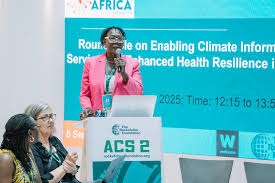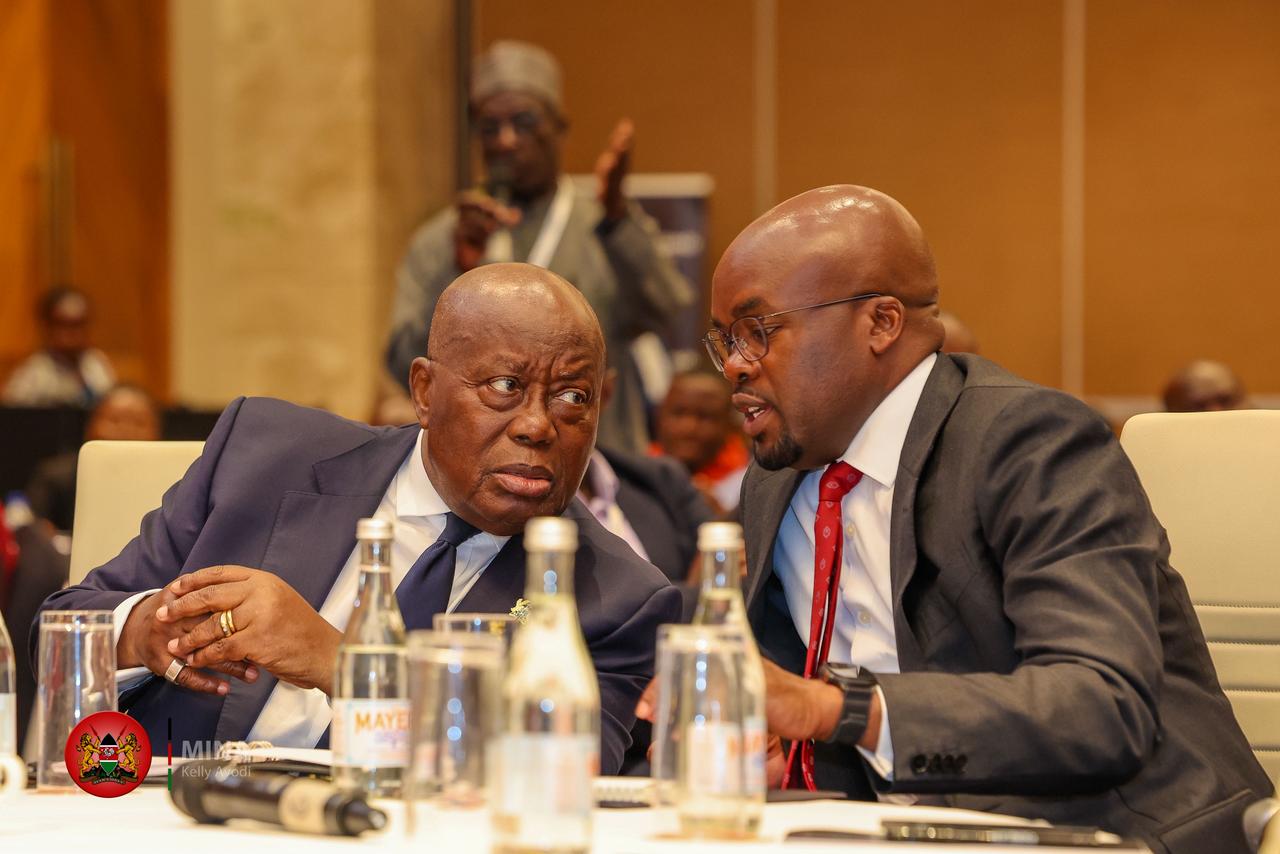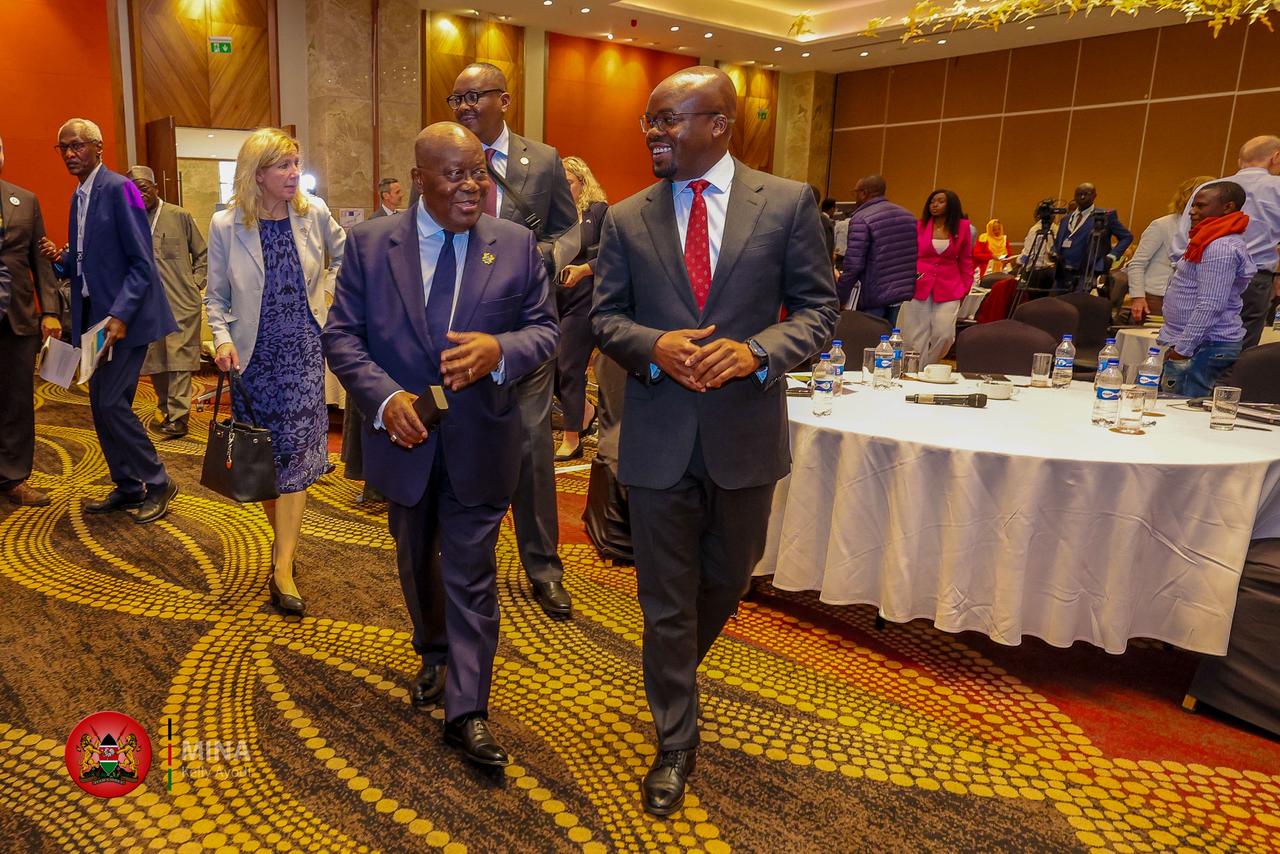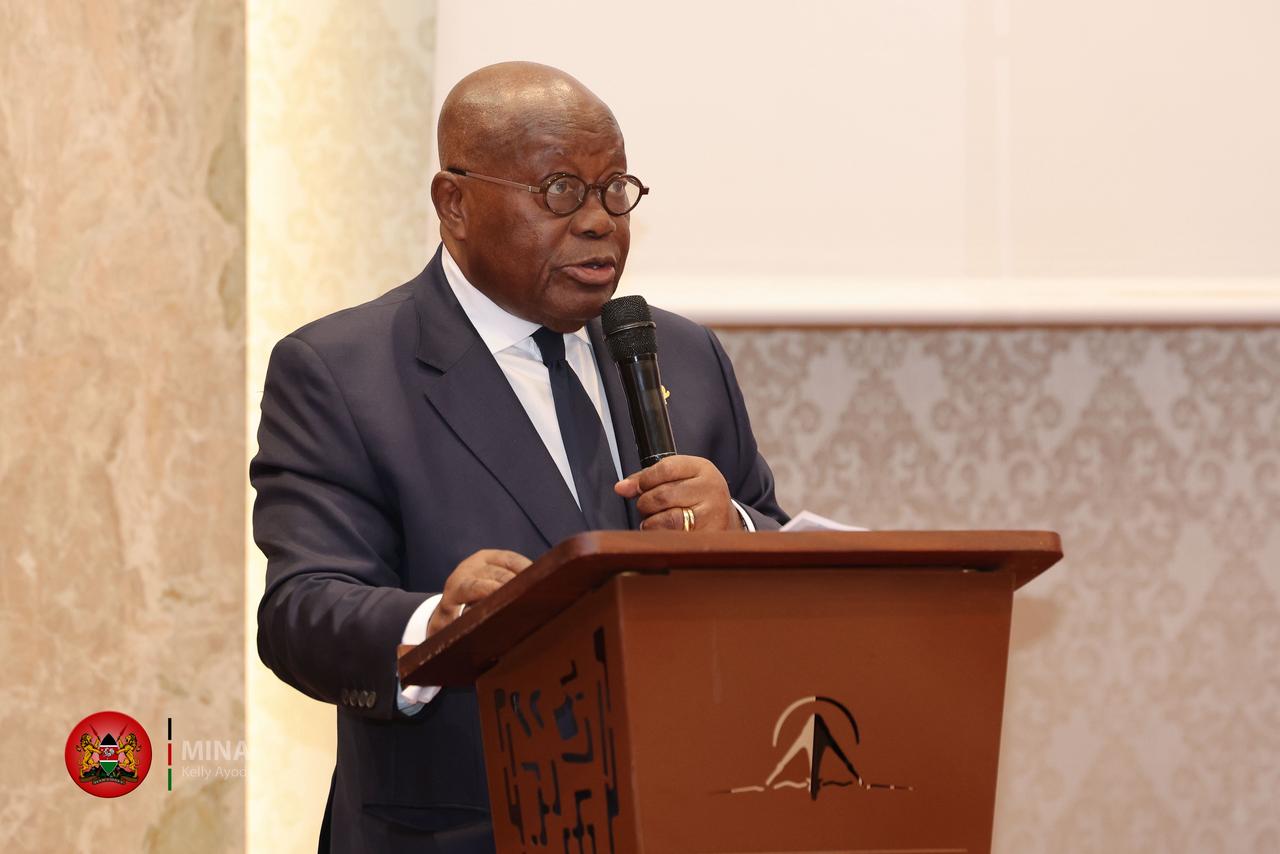

Kenya is closely monitoring the worsening water scarcity and climate-induced conflicts both within its borders and across the wider Horn of Africa, the government has said.
The Principal Secretary for Internal Security and National Administration, Raymond Omollo, raised concern that competition over water and grazing resources continues to heighten tensions in vulnerable regions.
He said that water insecurity is no longer just a development challenge but has become a key issue of peace and national stability that requires urgent and coordinated action.
“Here in Kenya, we have seen firsthand how competition and scarcity around water and related resources can heighten tensions, fuel conflict, and threaten livelihoods,” Omollo said.
He cited the Karamoja Cluster along the Kenya–Uganda border, where competition over cross-border water points and pasture has been fuelling cycles of pastoral conflict.
He also pointed to disputes over fishing zones and grazing lands along the South Sudan border, warning that they threaten to undermine fragile peace efforts in the region.
Omollo further referenced the Lake Chad Basin in West and Central Africa, where the depletion of shared water resources has intensified livelihood competition and triggered regional instability.
“Disruptions to fisheries, farming, and pastoralism around Lake Chad have put severe strains on inter-community relations, illustrating how water insecurity can exacerbate broader insecurity,” he said.
Speaking during the opening of the International Conference on Water, Peace and Security at Ole Sereni, Nairobi, Omollo outlined several government interventions aimed at transforming water from a source of conflict into a driver of cooperation.
These include the National Climate Change Security Response Programme, the monthly Chiefs’ Climate Action Day, conflict-sensitive natural resource management, enhanced community-based early warning systems, and strengthened cross-border water diplomacy and collaboration with neighbouring countries.
“We have put in place mechanisms to monitor these conflicts for now,” he noted, emphasising that the government is taking proactive measures to prevent water-related tensions from escalating.
Omollo warned that as climate pressures intensify, dwindling water sources and degraded ecosystems are increasingly becoming flashpoints for competition, particularly among pastoralist and farming communities.
He stressed that water insecurity has evolved from being purely an environmental issue into one that touches on peace, national cohesion, and stability.
“Sustainable water governance must be placed at the centre of conflict prevention and regional integration efforts,” he said.
The conference brought together high-level dignitaries, including former Ghanaian President Nana Addo Dankwa Akufo-Addo, Amb. Fred Gateretse-Ngoga of the African Union Commission, Outi Holopainen of Finland’s Ministry of Foreign Affairs, and Madiodio Niasse of the Dakar Water Hub in Senegal.
Omollo reiterated that Kenya’s experience affirms a critical truth — that sustainable water security is impossible without peace, and durable peace cannot exist without water security.
“As a government, we stand ready to be a proactive and dependable partner in the regional and global effort to turn the tide from water conflict to water cooperation,” he said.


















